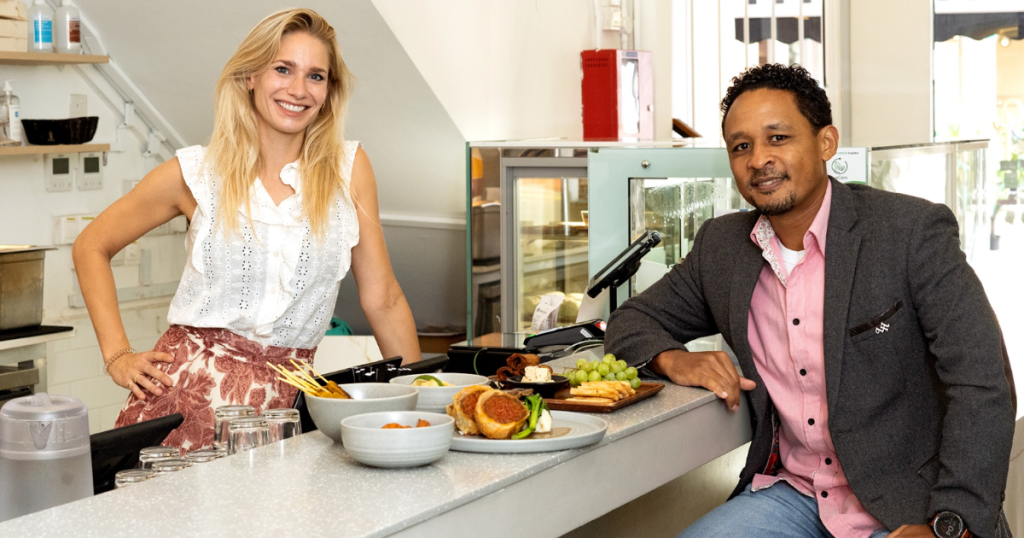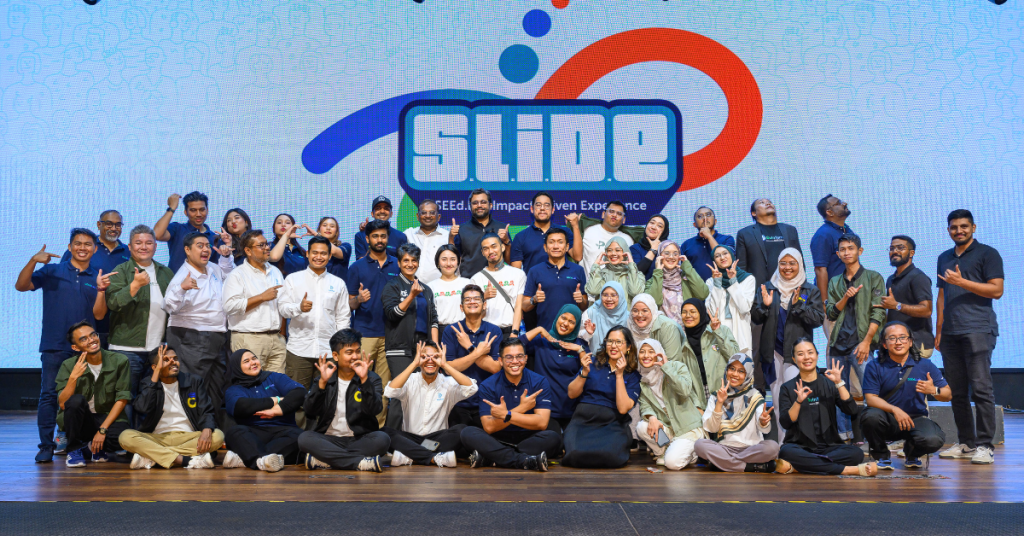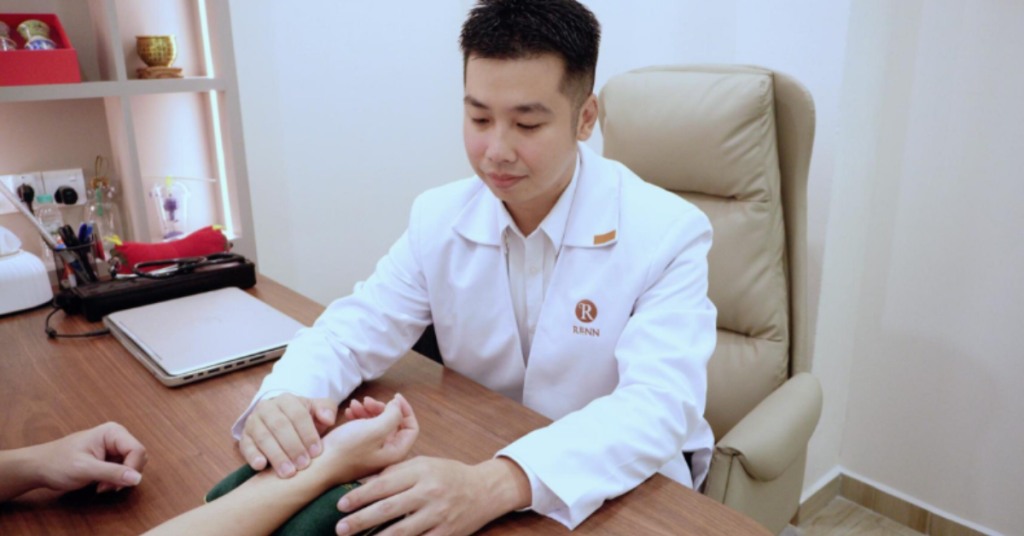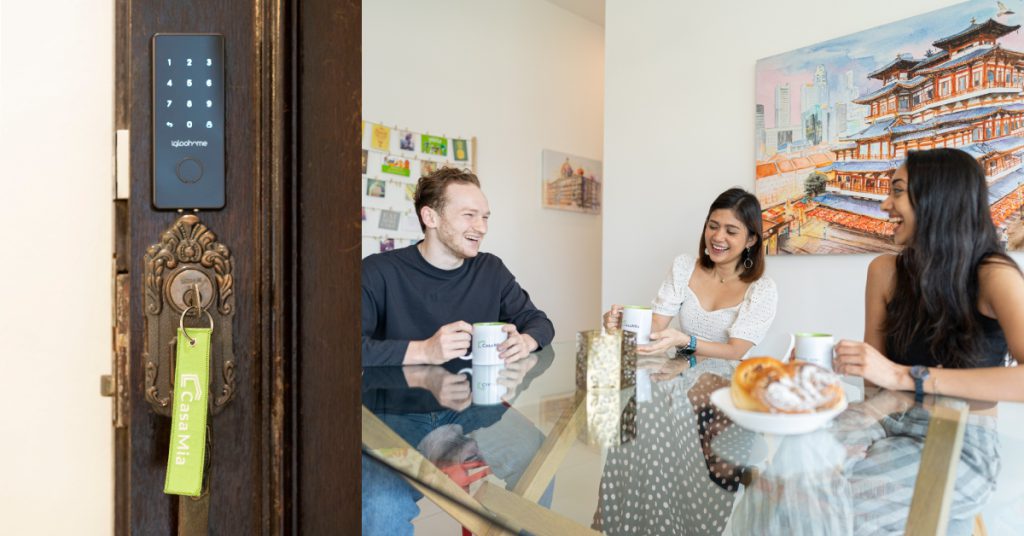Singapore is currently the undisputed food tech hub of the Asia-Pacific region, and it is an accolade driven by necessity. With only one per cent of land available for food production, there is an urgent need to embrace innovative food solutions to feed the nation.
Enter alternative proteins — the solution to address our looming food gap and help Singapore achieve its 30 by 30 vision, which refers to the target to produce 30 per cent of our nutritional needs locally and sustainably by 2030.
It is against this backdrop that cultivated meat leader Meatable and plant-based butcher Love Handle to plan on building Future of Meat, the world’s first hybrid meat innovation centre here in Singapore.
Innovating the future of meat
A food-tech company from the Netherlands, Meatable aims to deliver, at scale, cultivated meat that looks, tastes and retains the nutritional profile of real meat.
Meanwhile, Love Handle is Asia’s first plant-based butcher with a history of introducing innovative products, such as pastrami made from jackfruit.

Despite hailing from opposite ends of the world, both companies are leaders in innovation in their respective fields of cultivated meats and plant-based materials. What drives them is a determination to create products that will satisfy the growing demand for food without harming the environment.
The Future of Meat innovation centre is thus the lovechild between these two companies with a shared mission — one that aims to develop hybrid alternative protein products and drive next-level innovation.
The new innovation centre with Meatable will help us develop new hybrid and plant-based meat products, as well as provide a space for existing plant-based players to further drive innovation in the food industry.
– Ken Kuguru, co-founder and CEO of Love Handle
Krijn de Nood, co-founder and CEO of Meatable, reinforces why the coming together of the two firms is a match made in heaven.
Love Handle is the number one specialist in plant-based meat. They have built an incredible business focusing on transforming perceptions of alternative proteins.
Together, we’re going to spearhead the development of hybrid products for the Singapore and global markets and help foster innovation among other alternative protein producers.
– Krijn de Nood, co-founder and CEO of Meatable
Besides playing Frankenstein with food, there are plans for the innovation centre to become an experiential retail space where consumers can taste and buy the products.
Bridging the taste gap

One of the bugbears about alternative proteins is that while its delicious in their own right, many still lack the mouthfeel of real meat.
Caroline Wilschut, Chief Commercial Officer of Meatable acknowledges as much when she said, “We know that taste is the key distinguisher for consumers when it comes to eating meat.”
There is no question that innovation is the key to fast-track the commercialisation of hybrid meat, something Future of Meat hopes to achieve.
As a result, the new hybrid products will be developed with a cultivated meat-led approach, which uses plant-based protein to optimise the properties of lab-grown meat. Hopefully, this approach will deliver products with the familiar bite, taste, and texture integral to the meat-eating experience.
Working together, Meatable and Love Handle have plans to introduce a range of products such as dumplings, pulled pork, pork belly, meatballs, cold cuts, and patties. All of these should be available in restaurants and supermarkets starting in 2024.
“We’re looking forward to working closely with Meatable and for consumers to be able to try these new and exciting products as early as next year,” said Kuguru.
A multi-billion-dollar industry

Cellular agriculture is predicted to become a US$95 billion industry by 2030. And as an economically kiasu country, Singapore is determined to leverage its reputation as a tech hub to reap the rewards of this new economy.
In fact, the partnership between Meatable and Love Handle was brought together by the Economic Development Board (EDB), a government body tasked with enhancing Singapore’s position as a global business centre.
When launched, the Future of Meat innovation centre will employ a team of local employees. The initiative is also part of Meatable’s plans in Singapore which will see them investing over S$60 million into the local economy and employing more than 50 people over the next five years.
Besides Meatable, Firmenich, the world’s largest taste company has launched a Culinary and SmartProteins Innovation Center in Tuas. A cultivated chicken facility by Eat Just’s Good Meat division will also be up and running next year.
These are in addition to the many alternative protein companies and startups popping up like mushrooms, creating a succession of jobs along the way.
With Singapore solidifying itself as an alternative protein hotspot, one can be sure that food technologists will be in demand like data scientists in the years to come.
As for budding entrepreneurs, the abundance of venture capitalist funding and accelerators focusing on alternative protein will provide the perfect ecosystem to dream up a business and perhaps start a food revolution.
Featured Image Credit: Meatable










